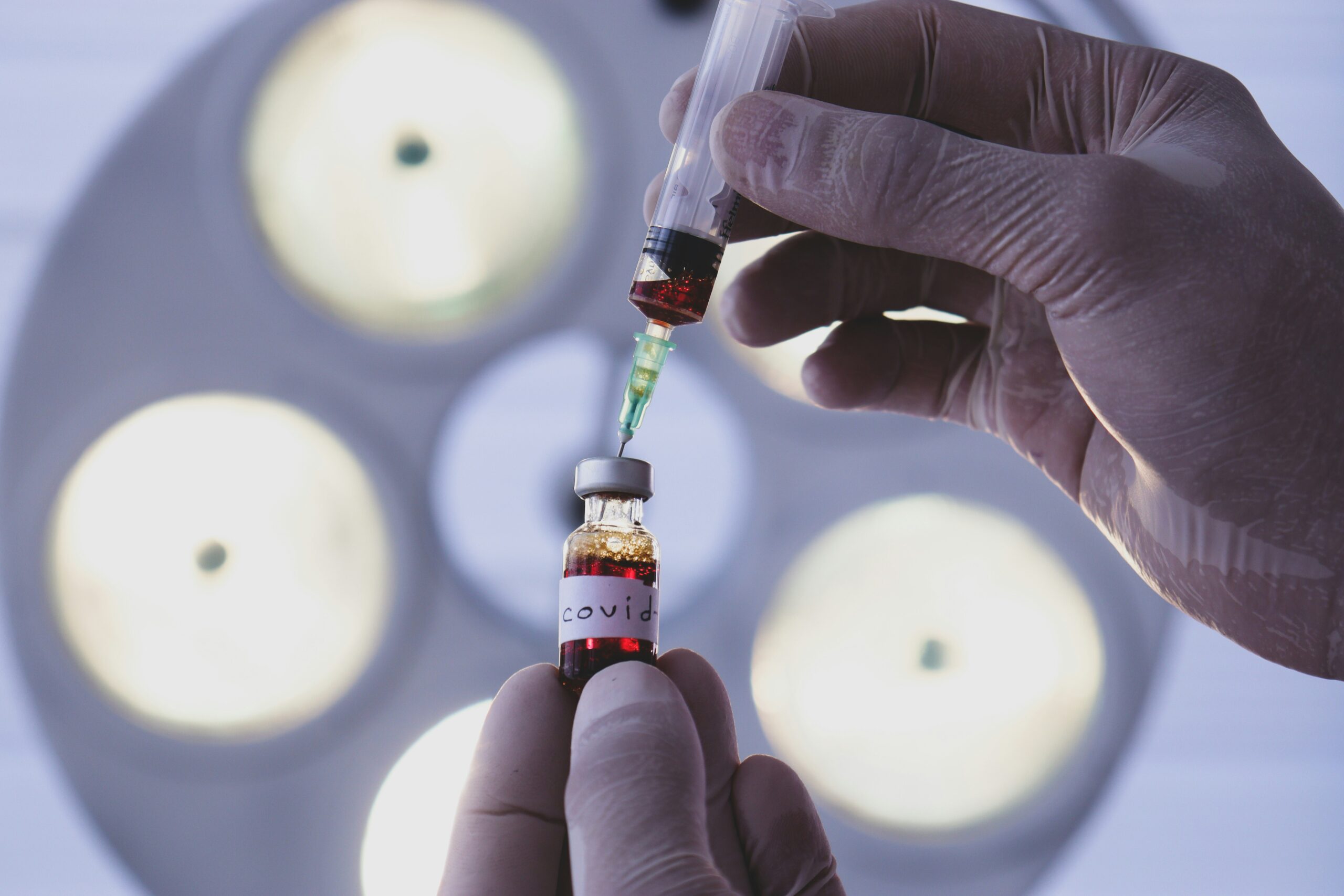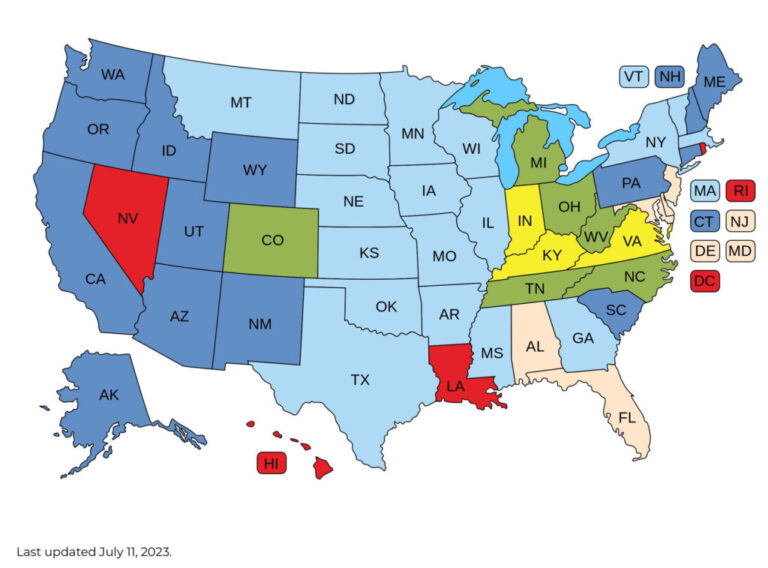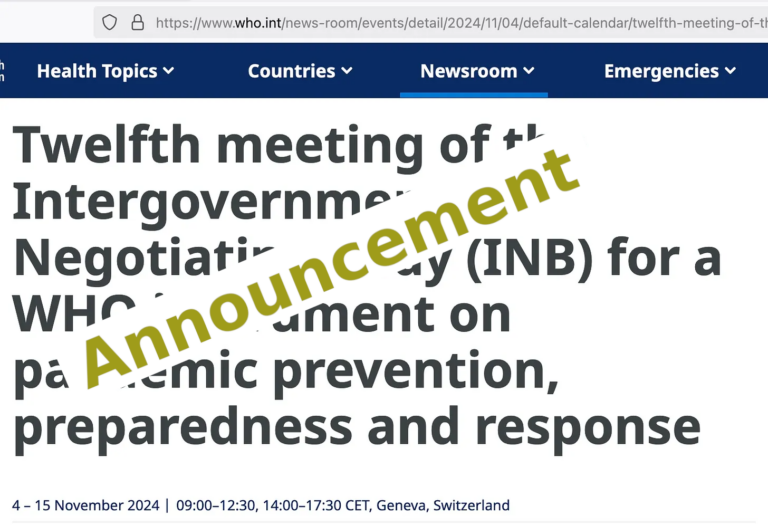This article is a repost with the kind permission from Liberty Nation News
Coronavirus Subcommittee studies adverse reaction reporting systems.
The House Select Subcommittee on the Coronavirus Pandemic convened a hearing on Feb. 15 titled “Assessing America’s Vaccine Safety Systems, Part 1.” Intended to bolster public confidence in vaccines by reviewing the nation’s data systems used to track reports of adverse events following vaccination, the subcommittee’s initial hearing also focused on vaccine injury compensation programs.
Vaccine Injury Compensation
Ohio Congressman Brad Wenstrup (R-OH) opened the proceedings with a brief history of vaccine injury programs in the US. Rep. Wenstrup explained that most vaccine injuries are compensated under the National Vaccine Injury Compensation Program (VICP), but that claims of harm from COVID-19 “countermeasures” are covered under the Countermeasures Injury Compensation Program (CICP) authorized by the Public Readiness and Emergency Preparedness Act (PREP) of 2005.
Wenstrup expressed his concern that poor government support of vaccine injury victims could undermine public trust and fuel vaccine hesitancy:
“As of January 2024, CICP has only compensated 11 claims out of the more than 12,000 that have been filed for COVID-19 vaccines. Because of its design, CICP payouts are also significantly smaller than VICP – an average of about $3,700 compared with almost $500,000 dollars in VICP. It appears that CICP may not be designed or equipped to handle a vaccine that was so widely distributed – and mandated for many – as COVID-19 vaccines were. I have concerns that we wouldn’t be able to expect people to line up and get vaccinated during the next pandemic if they feel they are abandoned.”
Three Wise Men?
Three authoritative figures testified before the Select Subcommittee:
Peter Marks, Director of the Biologics Evaluation and Research Division of the Food and Drug Administration, defended the safety and effectiveness of vaccines and attested to the usefulness of injury reporting programs.
Daniel Jernigan, Director of the National Center for Emerging and Zoonotic Infectious Diseases at the Centers for Disease Control and Prevention. Dr. Jernigan stated that “CDC staff have analyzed data from over a million VAERS adverse event reports,” but also failed to address the victim compensation aspect of current legislation.
George Reed Grimes, Director of the Division of Injury Compensation Programs at the Health Resources and Services Administration, oversees both CICP and VICP. Grimes explained the stark differences in payments between injuries from COVID-19 vaccines (CICP) versus most other vaccines (VICP), but also standards of proof – CICP awards require “compelling, reliable, valid, medical, and scientific evidence” that their injury was the “direct result” of a COVID-19 vaccine.
Grimes cited the President’s FY 2024 Budget of $15 million to operate the CICP, which now has over 35 full-time staff members:
“Additionally, due to other improvements, the CICP is now processing claims at a faster rate. For example, in 2020, the CICP averaged zero claims resolved per month; in 2023, the CICP resolved more than 90 claims per month – that average would be expected to increase even more significantly under the President’s FY 2024 Budget.”
The government is spending tens of millions of dollars to handle approximately 13,000 CICP claims at the rate of 90 per month, which works out to a bit over twelve years to process existing claims – assuming no more are filed. An October 2023 Reuters report claimed that 97% of processed COVID-related claims so far (1,129 out of 12,000) had been denied and 32 found eligible, with “[f]our people to date hav[ing] actually been paid, receiving an average of $2,148 each.” There is no right to appeal or introduce witnesses.
To spend $15 million annually to take twelve years to deny 97% of complaints and only pay out $2,000 in 2024 dollars each is a strong disincentive for vaccine injury victims to bother filling out the paperwork. It is also a result that might leave Americans distrustful of the government, as Wenstrup explained in his opening remarks:
“… while serious injuries caused by vaccines are rare, the government has assumed the responsibility to compensate for them. In doing so, vaccine manufacturers have been shielded from liability. Therefore, the government has an important duty – one that is essential in preserving trust in vaccines and how we message completely and honestly about them.”
A Ready Solution
One proposed solution would be for Congress to redirect COVID-19 claims to VICP, which already hears claims more quickly with a clearer process and more generous awards. This program is funded by a 75-cent tax per vaccine and would instill much more confidence in an mRNA-leery public than the CICP labyrinth.
Grimes seemingly intimated his support for this initiative:
“HRSA is committed to working with Congress to ensure that the resources and staffing are available to increase CICP claim reviews and processing. Furthermore, without congressional action, HHS does not have the administrative authority on its own to move claims from the CICP to VICP.”
Dr. Meryl Nass, a Maine physician who has questioned the official narrative on COVID-19 vaccinations, offered this opinion to Liberty Nation:
“My question for the Select Subcommittee would be, ‘Why are there no victims testifying? There have been a lot of problems with official assessments of vaccine safety. Why not ask those who have suffered?’”
Transferring COVID-19 claims to the VICP would improve fairness to injured Americans, whether or not it restored trust in mRNA vaccines. The Biden Administration determined that COVID-19 claims would remain in CICP through 2024: the bipartisan “Vaccine Injury Compensation Modernization Act” seeks to “shift pending COVID-19 vaccine claims from the Countermeasures Injury Compensation Program (CICP) to the VICP.”
Perhaps this problem will be addressed by the Select Committee on the Coronavirus Pandemic, at “Assessing America’s Vaccine Safety Systems, Part 2.”






![SUPPORT: Custom Meat Pilot Program – Sec. 12114 [Farm Bill]](https://doortofreedom.org/wp-content/uploads/2024/09/th-320084448.jpg)

